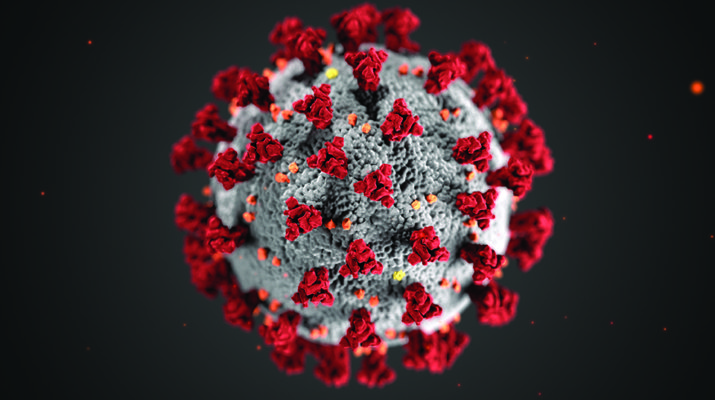As the COVID-19 (coronavirus) outbreak evolves, Box Butte General Hospital knows that our patients and community are concerned about how this infectious disease might affect them.
The Box Butte General Hospital team is working closely with our federal, state, and local partners to respond. We are closely following the recommendations of the CDC, DHHS and local Panhandle Public Health District. This allows us to have up-to-date contingency plans and to ensure our practices reflect current guidelines.
Help prevent the spread of respiratory diseases like COVID-19. Avoid close contact with people who are sick. Clean and disinfect frequently touched objects and surfaces using a regular household cleaning spray or wipe. Avoid touching your eyes, nose, and mouth. Stay home while you are sick, except to get medical care. Most importantly, wash your hands often with soap and water for at least 20 seconds, especially after going to the bathroom; before eating; and after blowing your nose, coughing, or sneezing. Cover your cough or sneeze with a tissue, then throw the tissue in the trash. If soap and water are not readily available, use an alcohol-based hand sanitizer with at least 60% alcohol.
Visitation Restriction. In an effort to minimize exposure of our patients to additional illness and infections, Box Butte General Hospital has implemented visitation restrictions. Visitors under the age of 15 may not visit any patient or accompany anyone coming to the hospital for care. This includes inpatient and outpatient areas.
People 15 and older who are experiencing symptoms of a cold, cough, fever, sore throat, laryngitis, flu like symptoms, diarrhea, vomiting or are otherwise sick may not visit the hospital for social reasons.
Wellness Center members who are ill must refrain from using the Wellness Center.
Are you at risk for COVID-19? Ask these questions to determine next steps.
* Have you traveled internationally to a Level 3 Travel Health Notice Country and/or
domestically to an area with where there is widespread, ongoing community spread of
COVID-19 within 14 days of your symptoms starting?
* Have you come into close contact with someone who has a laboratory confirmed COVID-19
diagnosis within 14 days of your symptoms starting?
o Take these steps to monitor your health and practice social distancing:
* Take your temperature with a thermometer two times a day and monitor for fever. Also watch for cough or trouble breathing.
* Stay home and avoid contact with others. Do not go to work or school for this 14-day period. Discuss your work situation with your employer before returning to work.
* Do not take public transportation, taxis, or ride-shares during the time you are practicing social distancing.
* Avoid crowded places (such as shopping centers and movie theaters) and limit your activities in public.
* Keep your distance from others (about 6 feet or 2 meters).
* If you have traveled to an area with widespread or ongoing community spread of COVID-19 and you are sick with a fever (100.4 F or 38.0 C) OR symptoms of lower respiratory illness such as cough, shortness of breath, or difficulty breathing;
o Seek medical care. Call ahead before you go to a doctor’s office or emergency room.
o Tell your doctor about your recent travel and your symptoms.
o Avoid contact with others.
o If you need to seek medical care for other reasons, such as dialysis, call ahead to your doctor and tell them about your recent travel to an area with widespread or ongoing community spread of COVID-19.

